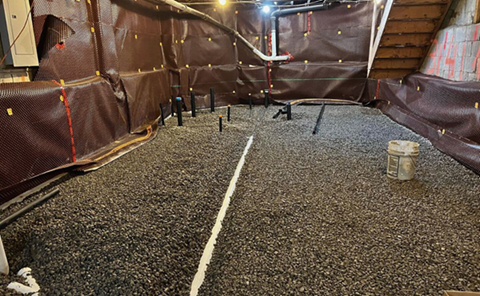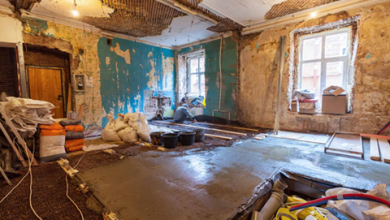
Debunking Common Myths about Basement Lowering
The concept of a basement is still quite old school and the majority still use it as a storehouse. Often the most neglected area, the basement has a lot more potential to transform your home and add more value to it than you would have ever thought. But, if you have already understood its potential and planning to get the basement lowering done, you are on the right path. However, there must be a little chance that you still believe in the same myths that might make you withdraw the decision, but not anymore.
We are debunking the most spread and believed common myths about basement lowering which you help you take a sigh of relief and stay firm with your decision. Also, to get the task done immaculately, call for a reliable basement lowering company in Toronto.
- It will weaken the structure of the home: The most common and often interpreted logical reason is that during the process of basement lowering, the structure of the home will weaken, and this is far away from being true. When the basement lowering is done, the structure does not move upwards or downwards, it stays intact with all its beams. On the contrary, it strengthens the structure by fixing any damage if there is.
- Only old houses need basement lowering: No idea who is making these rules, but no, old and new houses, can opt for basement lowering as per the needs. Basement lowering is not just done to create a new space, but it is also done to address foundation issues, any potential damage and disaster proofing, which is not bound to old homes.
- The value of the house will decrease: Again, one of the vert common myths is when you opt for basement lowering; you are decreasing the value of your house because the structure is compromised. Not at all, as we explained earlier, the structure of the house is further strengthened and it will only raise the value of the property.
Opting for basement lowering can have plenty of reasons, but believing in the myths will only make you ignore the potential or address the possible damage to your property.




